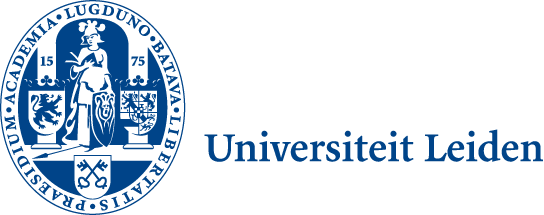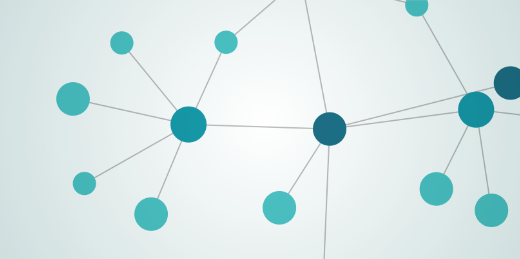- Leiden University
- Leiden Institute of Chemistry
- Master's Programmes
Fundamentals of NMR Spectroscopy (2015-2016)
How to prove that an impurity in a batch of medicine is not higher than 0.5%? How to find out the drug binding surface of a protein? What is it that makes nuclear magnetic resonance (NMR) such a powerful analytical technique, able to efficiently answer these and many other questions in chemistry and life sciences?
In this course you will learn the fundamentals of NMR spectroscopy so that you can understand commonly used experiments in chemical or life science research. Emphasis will be on a conceptual understanding of NMR theory, including a classical vector model description, an intuitive quantum mechanical description, origins of relaxation, and multidimensional NMR. In addition, there will be time to gain hands-on experience at a spectrometer.
This course is an obligatory preparation for the NMR courses of the Netherlands Magnetic Resonance Research School.
Remarks:
In theory, there is no difference between theory and practice. In practice, this is only true for NMR.
Are you interested in the MSc Chemistry or MSc Life Science & Technology programme?
Find out more about the programmes, career prospects & how to apply.

